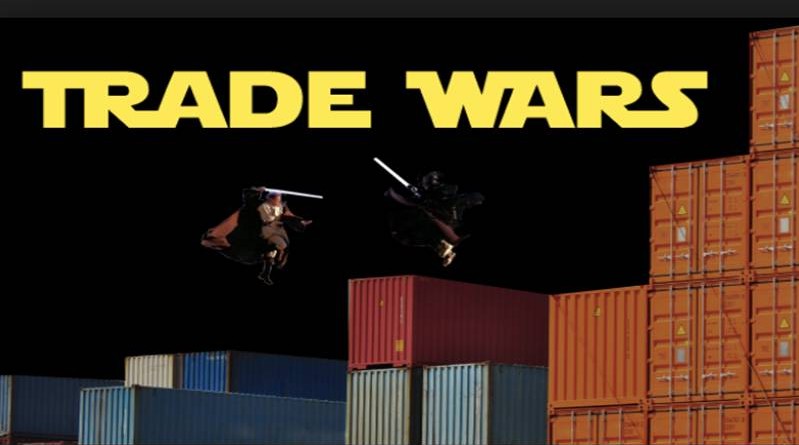It would be a ‘mistake’ for the US to start a trade war with the EU, says former ambassador
With the U.S. and China seemingly nearing the conclusion of a trade deal, many experts have predicted that Washington could next turn up tensions with the European Union for a trade war.
Those worries came as the U.S. and some of its European allies recently clashed on issues such as Huawei’s role in 5G development — something the administration of President Donald Trump considered contentious.
But it would be a mistake if the Trump administration decided to impose additional tariffs on European products because of such differences, according to Anthony Gardner, who served as American ambassador to the EU from 2014 to 2017.
“That would be a mistake, if that is the position that Washington is going to take, that is a mistake. And the fundamental reason is that when you look at our common concerns — the U.S. and European concerns about China — we probably agree on 90 percent,” Gardner told CNBC’s Martin Soong on Tuesday at the Credit Suisse Global Supertrends Conference in Singapore.
Gardner had been asked whether the differing stance between the U.S. and some European countries on Huawei could result in trade penalties.
Trump had reportedly pressured American allies to bar Huawei from building 5G infrastructure, warning that the tech company’s equipment could be used for espionage by the Chinese government. But European nations such as Germany have not excluded Huawei from their national plans for 5G.
Adding to strains in the U.S.-Europe relationship, Trump said the EU has been “a brutal trading partner” and singled out the bloc’s subsidies to Airbus for hurting America.
Gardner said he regrets that the U.S., under the Trump administration, has seemingly chosen to view the EU as foe. He added that the two economies should work together even more, especially when it comes to tackling concerns about China’s trading practices.
The ambassador said both the U.S. and the EU agree that Beijing should roll back certain practices, such as forced transfer of technology from foreign firms to their Chinese partners, and restrictions on market access to overseas companies.
“We agree on 90 percent” of the issues about China, Gardner said. “What we should be doing is work with the EU more, not threatening the EU saying we’re going to put tariffs,” he added.
– CNBC





